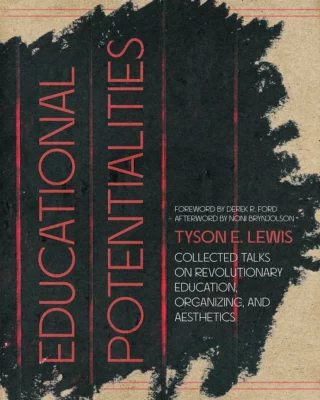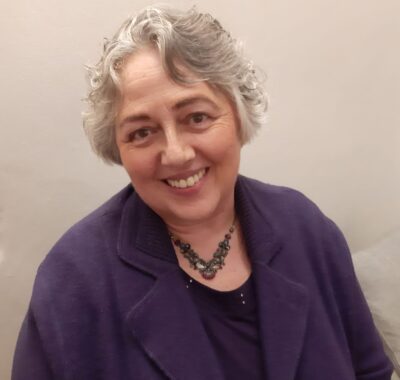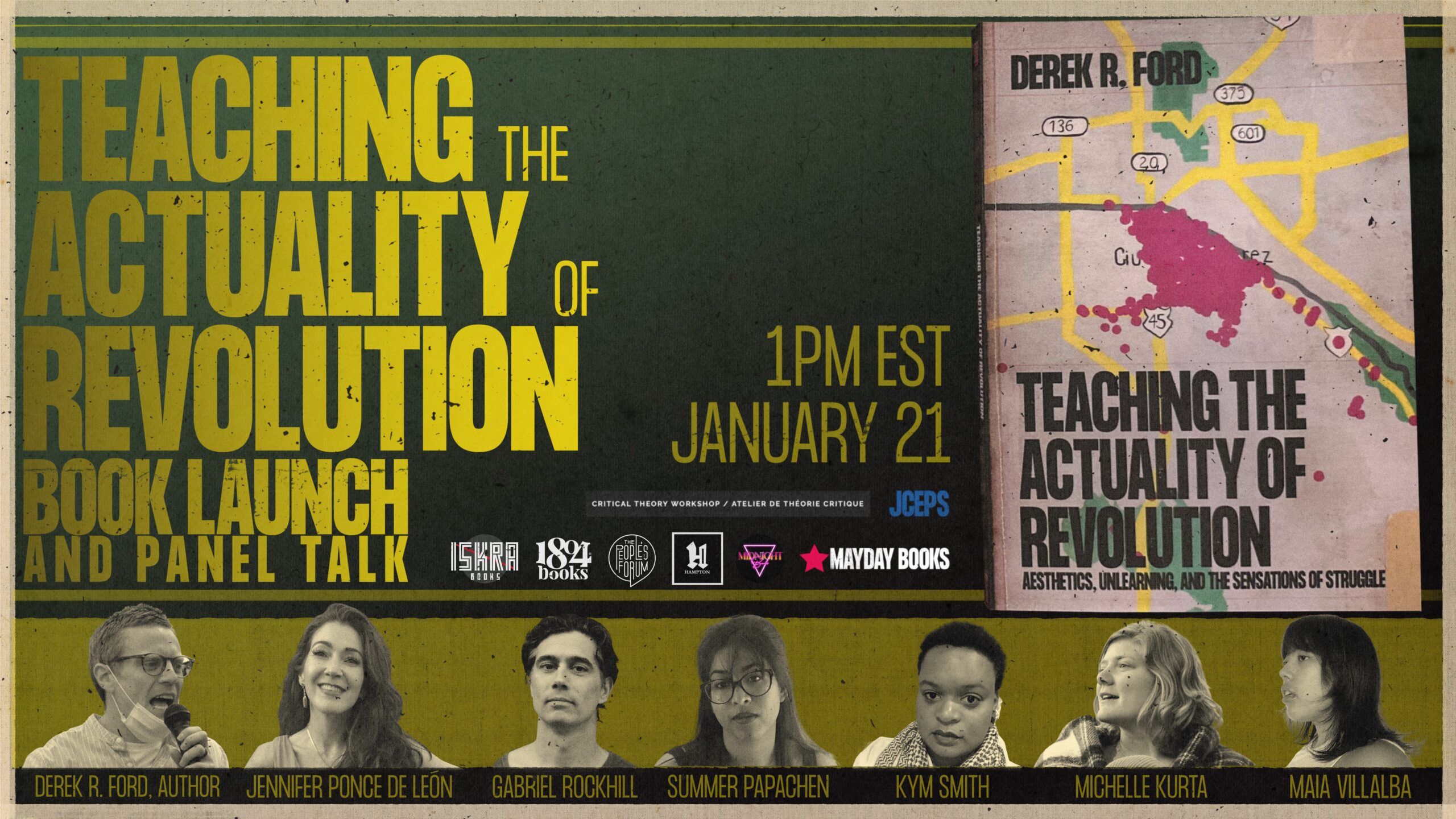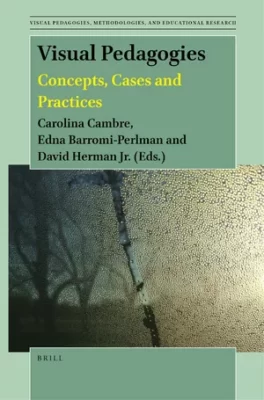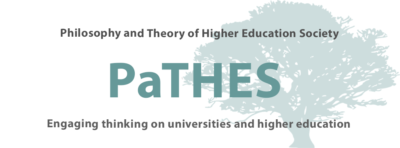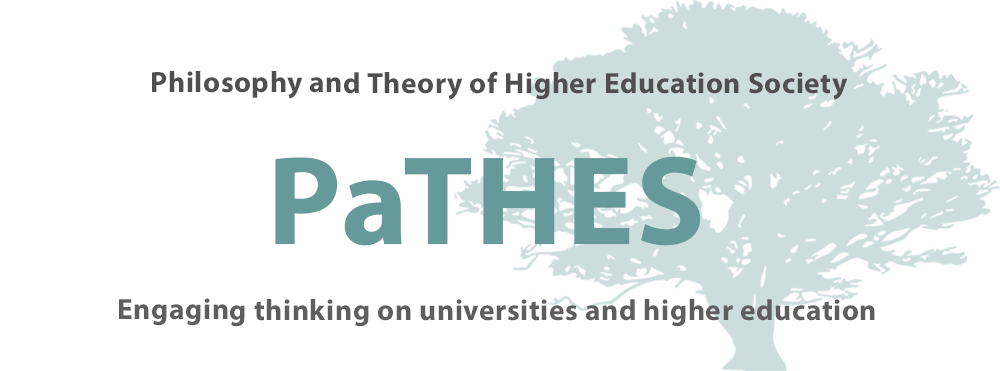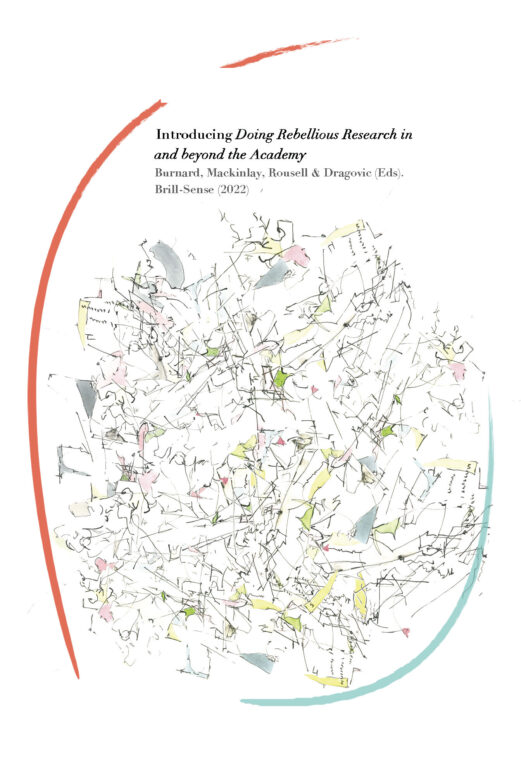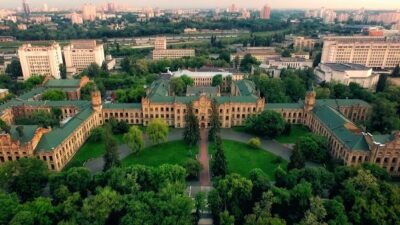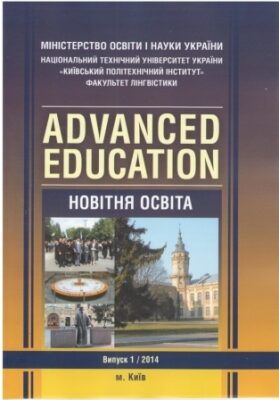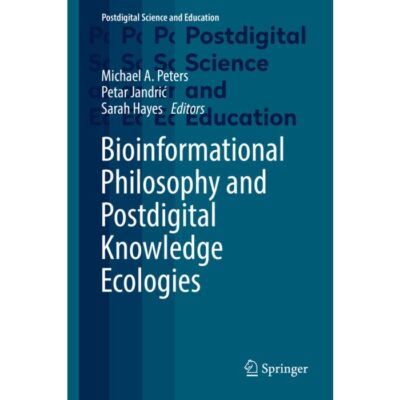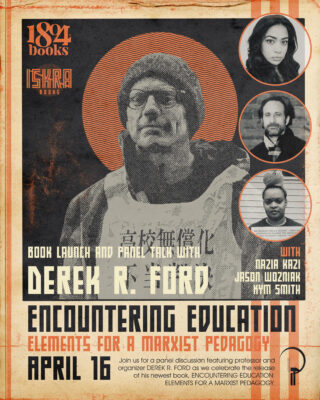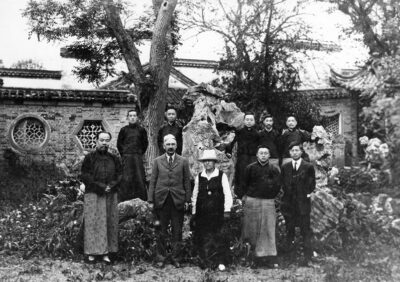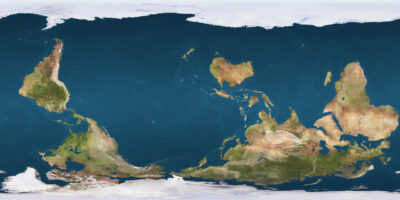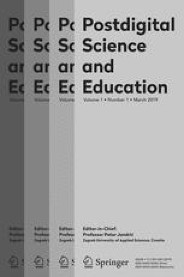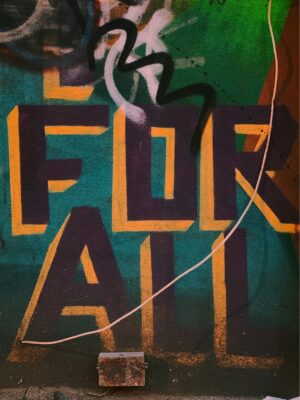“The truth is, no one of us can be free, until everybody is free.” Maya Angelou
Across the globe, authoritarian political movements are taking action to enforce repressive visions of social life. From a structural perspective, we could describe these movements using a variety of labels, including ethno-nationalist, anti-democratic, fascist, heteropatriarchal, white supremacist, racial capitalist, settler colonial, ableist. In addition to any structural description, these movements ultimately come to bear on everyday life, attempting to shape lived experience according to a particular restrictive idea of a life worthy of respect. In this way, right-wing political movements are attempting to redraw lines of inclusion and exclusion. And, with the receipt of increased political power, they are trying to use policy to reorganise what being included in social and institutional life looks like. Education is a central target of these repressive policies that aim to (re)establish the conditions for mundane discriminatory experience for students of color, queer students, and others that are deemed expendable, as not belonging and not in-place. For example, in the United States, the Trump administration has introduced executive orders that threaten legal action and the withholding of federal funds from schools that support trans students, or use a curriculum that teaches about issues of culture and discrimination or histories of colonisation and race. Inquiry into lived dynamic between policy, social norms and professional practice offers to illustrate how structural forms of oppression are experientially constituted and resisted.
Responding to the current moment, the Phenomenology and Existential Philosophy SIG at the Philosophy of Education Society is seeking 250 to 500-word abstracts from scholars interested in participating in our 2026 symposium that will be organized for the PES 2026 annual conference in Pittsburgh, Pennsylvania around the theme “Being Included.”
For the 2026 symposium, we seek paper proposals that use phenomenology and existential philosophy to shed light on how the current historical moment is impacting education and our work as philosophers of education. We invite proposals with lines of inquiry that could ask, but are not limited to: What does belonging feel like, look like, or sound like? How do individuals experience being-in-the-world when their existence is shaped by exclusion, disorientation, hypervisibility, or erasure? In what ways do students make place in schools? How is alienation a spatial, sensory and affective reality and not merely a philosophical abstraction?
The existential concerns of critical phenomenology provide ways to interrogate the felt and lived dimensions of injustice. This critical work can offer modes of resistance for imagining and living alternative ways of being and belonging. Both past philosophers, such as Maurice Merleau-Ponty, Frantz Fanon and Iris Marion Young, and current ones, such as Lisa Guenther, Gayle Salamon, George Yancy, Alia Al-Saji and Sara Ahmed centre lived experience, embodied subjectivity and the existential dimensions of power and oppression. In particular, we see critical phenomenology as having a unique ability to shed light on the current moment. As Lisa Guenther explains, “a critical phenomenology situates lived experience in a material, historical and social context that is both prior to the individuation of any given subject and also shaped by the historical sedimentation of perceptual practices and existential styles.”
Identifying the existential and phenomenological features of belonging may be significant in understanding the rise of oppressive social and political movements. Engaging with existentialism and phenomenology offers a language to express and describe the wide-ranging spectra of injustices emerging from these ideologies. More than merely a descriptive exercise, such a philosophical exploration can reveal the shared affective qualities of those marginalised by repressive and exclusionary visions of social life. Phenomenology and existential philosophy offer tools for critique and opportunities for education, especially when reflecting on the conditions that make oppressive voices intelligible, persuasive, or desirable. Therefore, in listening to those who perpetrate such oppressions, we may again find an important educational opportunity through phenomenology and existentialism. After all, from a genuinely inclusive perspective, all voices must be heard, even ones from those who would seek to include some and exclude others.
The deadline for abstracts is August 4th, 2025. Please send these to: pespepsig@gmail.com with “CFP” in the subject line. Questions can be directed to Eduardo Duarte, the chair of the PES Phenomenology and Existentialism SIG: eduardo.m.duarte@hofstra.edu.
Using a blind peer review process, the PES Phenomenology and Existentialism SIG will evaluate submissions based on (1) standard measures of academic quality, (2) considerations of topicality.
Notification of the committee’s decision will be sent out by September 7th.
The deadline to submit our symposium for inclusion in PES 2026, Pittsburgh, is November 1, 2025. Our SIG has been part of the PES program since it was founded in 2013. In 2025, our symposium was titled “Existential Educational Experimentation in a Climate-Changing World.”


